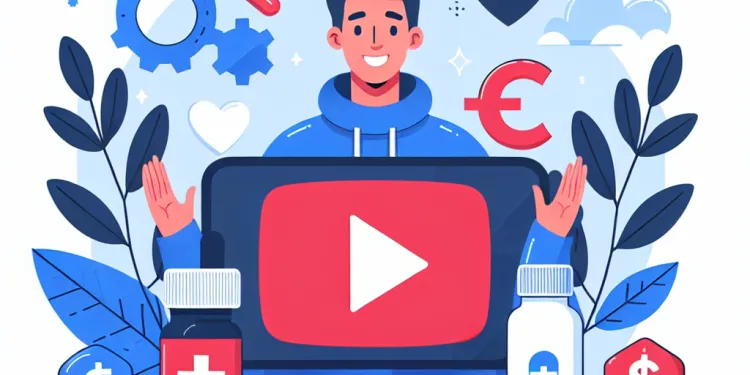
Find Help
More Items From Ergsy search
-
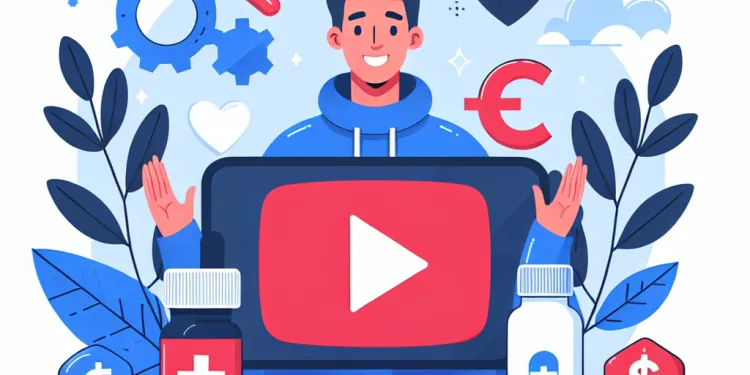
Is Vitamin C effective against colds?
Relevance: 100%
-

Can orange juice help prevent colds?
Relevance: 63%
-

Is there a way to cure a cold quickly?
Relevance: 60%
-

How to Treat a Common Cold
Relevance: 59%
-

Is orange juice a good source of vitamin C?
Relevance: 59%
-

Can cold weather cause a cold?
Relevance: 59%
-
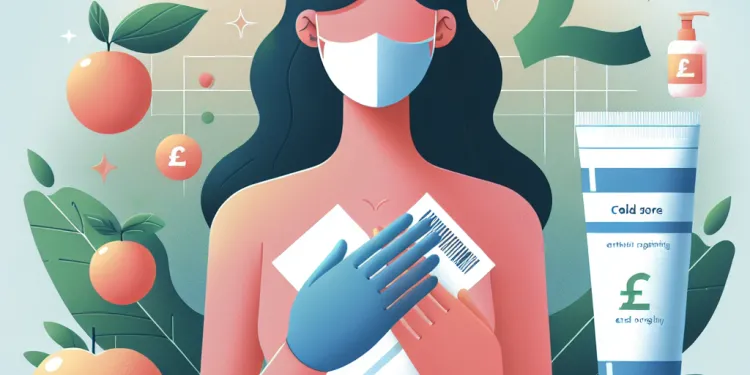
How can I prevent cold sores?
Relevance: 55%
-

How to treat a cold | NHS
Relevance: 52%
-

What should you do if you have a cough or cold?
Relevance: 51%
-
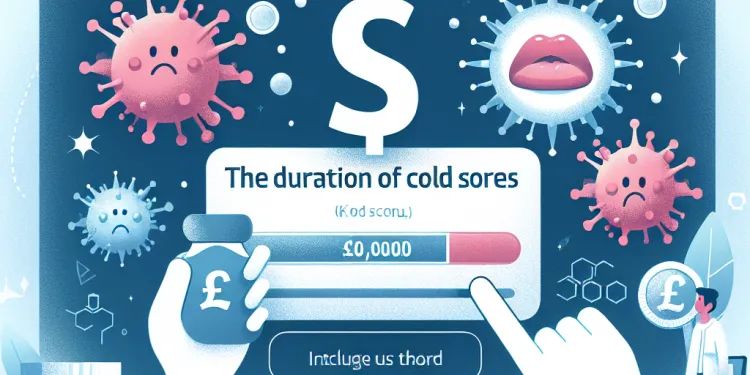
How long do cold sores last?
Relevance: 50%
-

Does tanning on sunbeds help the body produce vitamin D?
Relevance: 50%
-

Does orange juice have other vitamins and minerals?
Relevance: 49%
-
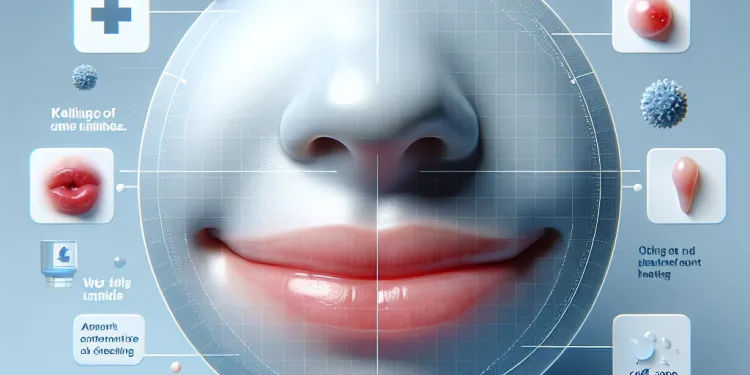
What are Cold Sores?
Relevance: 48%
-

Is there a cure for cold sores?
Relevance: 48%
-
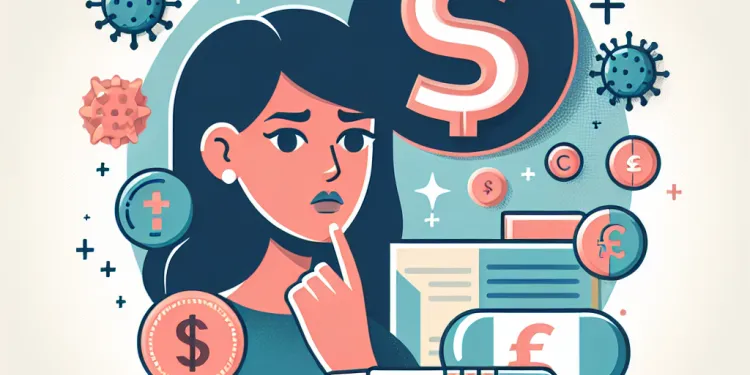
Are cold sores contagious?
Relevance: 48%
-

How long does a common cold typically last?
Relevance: 47%
-
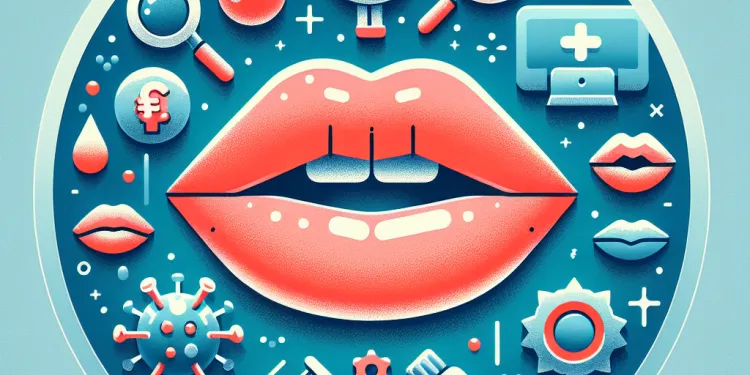
What causes cold sores?
Relevance: 46%
-
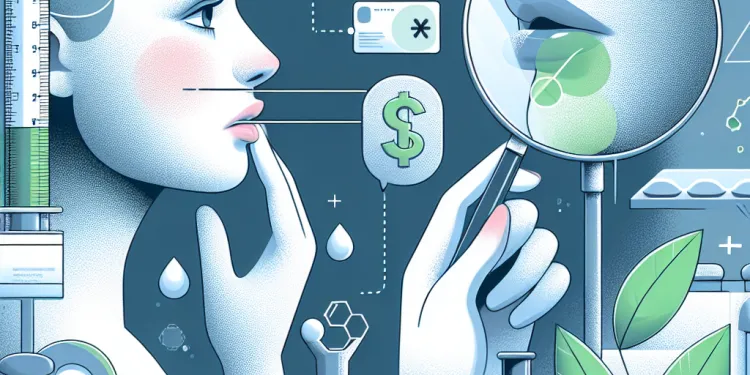
What are the symptoms of a cold sore?
Relevance: 46%
-

What are the common symptoms of a cold?
Relevance: 46%
-
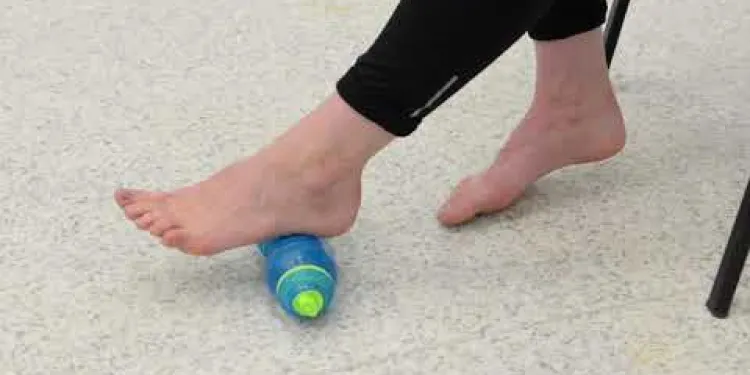
Plantar Fascia Cold Therapy
Relevance: 46%
-

Is it safe to exercise with a cold?
Relevance: 46%
-
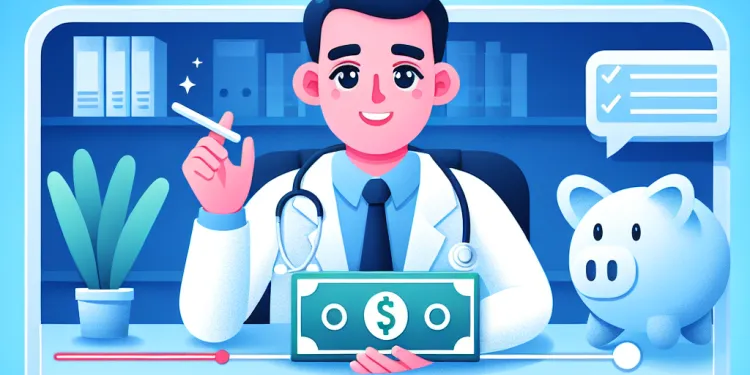
Should I see a doctor for a cold?
Relevance: 46%
-
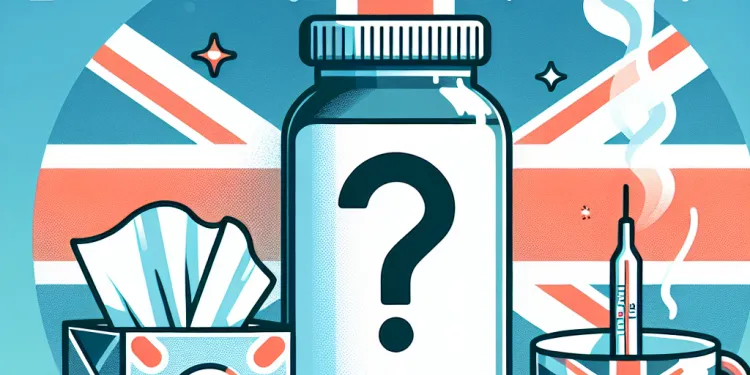
Can I take antibiotics for a cold?
Relevance: 46%
-

How are cold sores transmitted?
Relevance: 46%
-
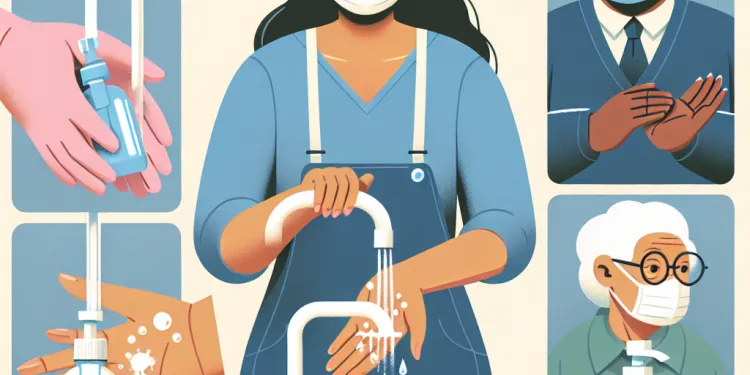
How can I prevent spreading my cold to others?
Relevance: 45%
-

What triggers a cold sore outbreak?
Relevance: 44%
-

Is it safe to take cold showers during a heatwave?
Relevance: 43%
-

Can I use a humidifier to help with my cold symptoms?
Relevance: 42%
-

How can I treat a cold at home?
Relevance: 41%
-
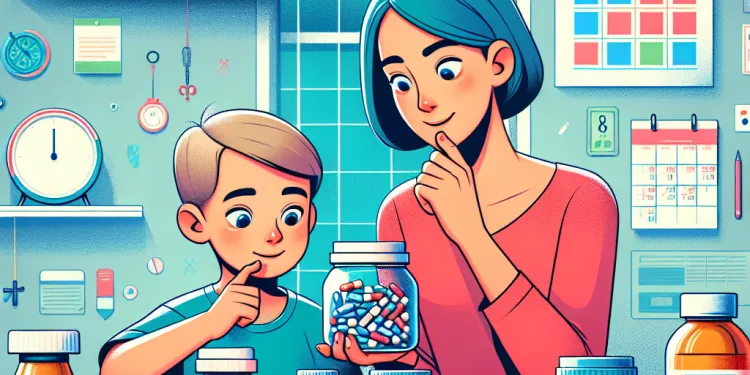
Can children take the same cold medications as adults?
Relevance: 40%
-

How do I treat my child's cold? (9 - 30 months) | NHS
Relevance: 40%
-

Is it okay to use ice packs or cold showers to cool down?
Relevance: 39%
-

Can I receive the Warm Home Discount and Cold Weather Payment?
Relevance: 39%
-

Honey 'as good as antiviral creams' for cold sores | NHS Behind the Headlines
Relevance: 38%
-
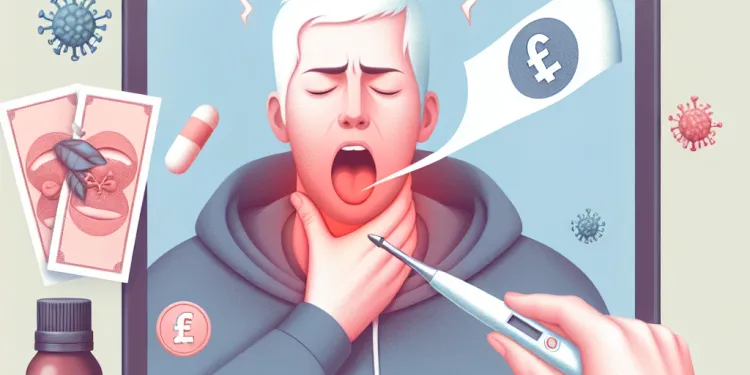
What is the best way to treat a sore throat from a cold?
Relevance: 35%
-

Is it okay to drink orange juice every day?
Relevance: 25%
-

Is orange juice really good for you?
Relevance: 24%
-
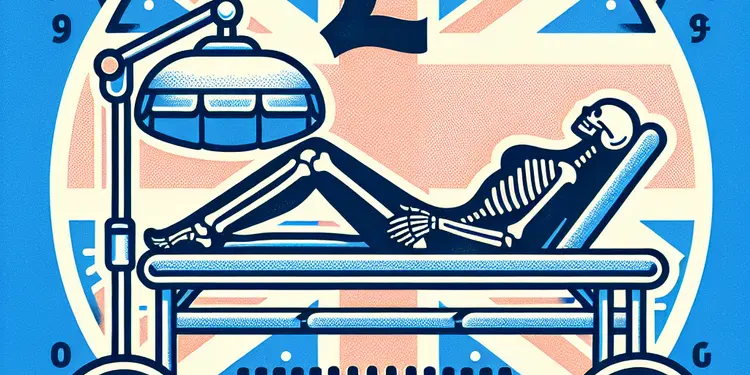
Can using a sunbed help strengthen my bones?
Relevance: 22%
-

What foods are best to eat during a heatwave?
Relevance: 20%
-

Do school meals include both hot and cold options?
Relevance: 20%
Is Vitamin C Effective Against Colds?
Vitamin C, also known as ascorbic acid, is a vital nutrient that plays numerous roles in the human body, including tissue repair and the enzymatic production of certain neurotransmitters. However, its efficacy in preventing and treating the common cold has been widely debated. While the nutrient is essential for maintaining overall health, can it actually help ward off colds or shorten their duration?
The Role of Vitamin C in Immune Function
Vitamin C is known for its immune-boosting properties. It contributes to the immune defense by supporting various cellular functions, enhancing the body’s ability to fend off pathogens. In the context of the common cold, some studies suggest that vitamin C may reduce the severity and duration of cold symptoms, while others show little to no effect. It's essential to note that these studies often use doses of vitamin C much higher than the Recommended Dietary Allowance (RDA) in the UK.
Research Findings
Multiple studies and reviews, including those by the Cochrane Collaboration, have examined the effects of vitamin C on cold incidence and severity. Generally, regular supplementation with vitamin C has not been shown to significantly prevent colds in the general population. However, some evidence suggests that it might reduce the risk of colds in people exposed to extreme physical exertion, such as marathon runners or soldiers in subarctic environments. For those individuals, vitamin C seems to offer a modest protective effect.
Usage Recommendations
For the average person in the UK, incorporating vitamin C through a balanced diet rich in fruits and vegetables is typically sufficient for maintaining good health. Foods such as oranges, strawberries, bell peppers, and broccoli are excellent sources of vitamin C. Supplementation might be considered for those with specific needs or during times of increased physiological stress, but it is advisable to consult a healthcare provider before starting any supplement regimen.
Conclusion
While vitamin C is crucial for immune function and overall health, its effect on preventing the common cold is limited. It may, however, help shorten the duration and severity of cold symptoms in certain circumstances. Maintaining a healthy diet rich in vitamin C is generally recommended rather than relying on high-dose supplements for cold prevention.
Does Vitamin C Help with Colds?
Vitamin C, which some people call ascorbic acid, is very important for your body. It helps fix tissues and makes certain chemicals that your body needs. But does it help with colds? Some people think it might, but others aren't so sure. While vitamin C is good for you, does it really stop colds or make them go away faster?
How Vitamin C Helps Your Immune System
Vitamin C is good for your immune system. It helps your body fight off germs. Some studies say vitamin C can make colds less bad and not last as long. But other studies say it doesn’t help much at all. Many studies use a lot of vitamin C, much more than what the UK says you need each day.
What Research Says
Many studies looked at how vitamin C affects getting colds and how bad they are. In general, taking vitamin C every day doesn’t stop colds for most people. But, there’s some evidence that it might help people like marathon runners or soldiers who work very hard in cold areas not get a cold as easily. For them, vitamin C seems to help a bit.
Tips for Using Vitamin C
Most people in the UK can get enough vitamin C by eating healthy foods. Foods like oranges, strawberries, bell peppers, and broccoli have lots of vitamin C. Some people might need more vitamin C or might want to take it when they are very stressed. It’s a good idea to talk to a doctor before taking more vitamin C than usual.
In Summary
Vitamin C is important for staying healthy and helps your immune system work well. But it might not stop you from getting a cold. It might help make a cold shorter or not as bad for some people. It's best to eat foods with vitamin C instead of taking a lot of extra pills.
Frequently Asked Questions
What is the general role of Vitamin C in the body?
Vitamin C, also known as ascorbic acid, is an essential nutrient that plays a significant role in various bodily functions including the maintenance of skin, blood vessels, bones and cartilage. It also aids in wound healing and is vital for the immune system.
Can Vitamin C prevent colds?
Current evidence suggests that Vitamin C does not prevent the average person from catching a cold. However, regular Vitamin C supplements may help reduce the duration and severity of cold symptoms if taken consistently.
How does Vitamin C help with cold symptoms?
Vitamin C is thought to boost the immune system by enhancing the production of white blood cells, which are key in fighting infections. It also acts as an antioxidant, helping to protect cells from damage by free radicals.
Is it recommended to take Vitamin C once you already have a cold?
Taking Vitamin C once the symptoms start does not appear to be effective in shortening the duration or severity of a cold. Regular supplementation before symptoms appear is more likely to be beneficial.
What is the recommended daily intake of Vitamin C?
In the UK, the recommended daily intake of Vitamin C for adults is 40 mg per day.
Are there any side effects of taking too much Vitamin C?
Consuming large amounts of Vitamin C can lead to side effects such as stomach pain, diarrhoea, and flatulence. It is generally advised to stay within the recommended dietary allowances unless advised otherwise by a healthcare provider.
Can Vitamin C be obtained through diet alone?
Yes, Vitamin C can be easily obtained through a balanced diet that includes fruits and vegetables such as oranges, strawberries, kiwi, bell peppers, broccoli, and spinach.
Is there any difference between natural and synthetic Vitamin C supplements?
Chemically, natural and synthetic Vitamin C are identical, and both can help meet your daily requirements.
Are all Vitamin C supplements equally effective?
Different preparations of Vitamin C are equally effective in providing the vitamin, but quality can differ between brands. It is important to choose a reputable brand and be mindful of added ingredients.
Can children take Vitamin C supplements for cold prevention?
While children can take Vitamin C supplements, it is generally best to meet their needs through a balanced diet. Consult with a pediatrician before giving children any supplements.
Is there a time of day that is best for taking Vitamin C supplements?
Vitamin C is water-soluble, so it does not need to be taken with food. However, it can be taken with meals to make it part of a routine, but the time of day generally does not affect its efficacy.
Can Vitamin C interact with other medications?
Vitamin C can interact with certain medications, including statins and chemotherapeutic drugs. Always consult with your healthcare provider before starting any supplement.
Can smoking affect Vitamin C levels?
Yes, smoking can deplete Vitamin C levels in the body. Smokers are usually advised to have a higher intake of Vitamin C to maintain adequate levels.
Could I get enough Vitamin C from fruit juices?
Fruit juices can be a good source of Vitamin C, but they are also high in sugar. It is better to consume whole fruits to benefit from their fibre and other nutrients alongside Vitamin C.
What are the symptoms of Vitamin C deficiency?
Vitamin C deficiency can lead to symptoms such as fatigue, muscle and joint pain, easy bruising, gum bleeding, and slow wound healing. Severe deficiency results in scurvy.
What does Vitamin C do in the body?
Vitamin C helps keep your body healthy. It does a lot of good things:
- It helps heal cuts and wounds.
- It keeps your skin and bones strong.
- It helps your body fight germs so you don't get sick.
You can eat fruits and vegetables like oranges, strawberries, and broccoli to get Vitamin C.
If you find it hard to read, try asking someone to read with you. You can also listen to an audiobook about vitamins. This way, you can learn more easily.
Vitamin C is a nutrient that our body needs. It helps keep our skin, blood vessels, bones, and cartilage strong and healthy. Vitamin C also helps cuts and wounds heal and is important for our immune system, which helps us not get sick.
Can Vitamin C stop colds?
Vitamin C is in fruits like oranges and helps our body stay well. Some people think it can stop colds. But, doctors say it might not work for everyone. It's good to eat healthy foods with Vitamin C. If you have a cold, rest and drink lots of water. You can ask a grown-up or a doctor if you need more help.
Vitamin C can't stop you from getting a cold. But if you take Vitamin C often, it might help you feel better faster when you do have a cold.
How does Vitamin C help when you have a cold?
Vitamin C is good for helping you feel better when you have a cold. It can make your cold go away faster. It helps your body fight germs.
If you have a cold, you can try eating foods with Vitamin C, like oranges or strawberries. You can also take Vitamin C tablets.
Ask an adult if you need help with this. You can also use pictures to learn more about Vitamin C. There are videos online that explain how it works with nice pictures and easy words.
Vitamin C helps your body fight germs. It does this by making more white blood cells. White blood cells are important because they help stop you from getting sick. Vitamin C also helps keep your cells safe from harm.
Should you take Vitamin C if you have a cold?
Vitamin C is a vitamin that can help your body. If you have a cold, Vitamin C might help you feel better. You can try it to see if it helps you. Talk to an adult or a doctor if you are not sure.When you feel sick with a cold, taking Vitamin C does not help you get better faster. But if you take it every day before you catch a cold, it might help you.
How much Vitamin C should you have every day?
It is important to have the right amount of Vitamin C each day. Here is an easy way to know how much you need:
- Eat foods like oranges, strawberries, or broccoli.
- Check food labels for Vitamin C information.
- Ask a parent or carer for help if you're not sure.
If it helps, you can use a colourful chart or picture to remember this information.
In the UK, grown-ups should get 40 mg of Vitamin C every day.
Can taking too much Vitamin C be harmful?
Taking a lot of Vitamin C can sometimes cause problems.
Here are some things to know:
- Too much Vitamin C might give you a tummy ache or make you feel sick.
- You could also get a headache or feel dizzy.
- Drinking water can help if you feel bad.
If you are worried, it is a good idea to talk to a doctor or someone who knows about vitamins.
Eating a lot of Vitamin C can cause problems like tummy aches, runny poo, and passing gas. It is best to take the right amount of Vitamin C, unless your doctor says to take more.
Can you get Vitamin C from food?
Yes, you can get Vitamin C from eating certain foods. You do not need to take pills for it.
Foods like oranges, strawberries, and broccoli have lots of Vitamin C.
If you eat these foods, you can get enough Vitamin C.
Tip: Make a list of foods with Vitamin C to help you remember what to eat.
Yes, you can get Vitamin C from eating healthy foods. These foods include fruits and vegetables like oranges, strawberries, kiwi, bell peppers, broccoli, and spinach.
Are natural and synthetic Vitamin C different?
Vitamin C can come from nature, like fruits, or be made in a lab (synthetic). Both work in your body the same way.
If reading is hard, try using a ruler or your finger to follow along. You can also listen to an audio version if available.
Natural and man-made (synthetic) Vitamin C are the same. Both can help you get the Vitamin C you need each day.
Do all Vitamin C pills work the same?
Not all Vitamin C pills work the same. Some may help your body more than others.
Here are some tips to know:
- Read the label on the bottle.
- Ask a doctor or a trusted person for advice.
- Try using a vitamin reminder app to help you track.
All Vitamin C supplements work the same to give you Vitamin C. But, the quality might not be the same for all brands. Choose a good brand and look at what else they put in it.
Can kids take Vitamin C pills to stop colds?
Kids can take Vitamin C pills, but it’s better if they eat the right foods to get it. Talk to a doctor before giving kids any pills.
When is the best time to take Vitamin C pills?
Taking Vitamin C is good for you. Here are some tips: - **Morning is good:** It’s a nice idea to take your Vitamin C pill in the morning with breakfast. - **Have it with food:** Eating something with your Vitamin C pill can be helpful. - **Every day:** Try to take your Vitamin C at the same time each day. You can use a pill box to help you remember. Or, set a reminder on your phone.Vitamin C mixes with water in our body. This means you don't have to take it with food. But you can take it with meals to help you remember. It doesn't really matter what time you take it; it works the same.
Does Vitamin C mix with other medicines?
Vitamin C can change how some medicines work. This includes medicines like statins and drugs used for cancer treatment. It is important to talk to your doctor before you start taking vitamin C supplements.
Does smoking change Vitamin C levels?
Yes, smoking can use up Vitamin C in your body. People who smoke need to have more Vitamin C to keep their levels up.
Can I get enough Vitamin C from fruit juice?
Fruit juice has Vitamin C. You might not get all the Vitamin C you need just from juice. Eating whole fruits like oranges is good too. They have more Vitamin C. Vitamin C helps keep you healthy.
You can ask an adult to help you find other foods with Vitamin C. There are tools online that can show you which foods have Vitamin C. Eating a mix of fruits and vegetables is the best way to stay healthy.
Fruit juices have lots of Vitamin C. But they also have a lot of sugar. It is better to eat whole fruits. Whole fruits have fibre and other good things. They have Vitamin C too.
What happens if you don't get enough Vitamin C?
If you don't get enough Vitamin C, you might feel very tired and your muscles and joints could hurt. You might also bruise easily or your gums might bleed. Cuts and scrapes could take a long time to get better. If you are missing a lot of Vitamin C, you could get a sickness called scurvy.
Useful Links
This website offers general information and is not a substitute for professional advice.
Always seek guidance from qualified professionals.
If you have any medical concerns or need urgent help, contact a healthcare professional or emergency services immediately.
Some of this content was generated with AI assistance. We’ve done our best to keep it accurate, helpful, and human-friendly.
- Ergsy carfully checks the information in the videos we provide here.
- Videos shown by Youtube after a video has completed, have NOT been reviewed by ERGSY.
- To view, click the arrow in centre of video.
- Most of the videos you find here will have subtitles and/or closed captions available.
- You may need to turn these on, and choose your preferred language.
- Go to the video you'd like to watch.
- If closed captions (CC) are available, settings will be visible on the bottom right of the video player.
- To turn on Captions, click settings .
- To turn off Captions, click settings again.
More Items From Ergsy search
-

Is Vitamin C effective against colds?
Relevance: 100%
-

Can orange juice help prevent colds?
Relevance: 63%
-

Is there a way to cure a cold quickly?
Relevance: 60%
-

How to Treat a Common Cold
Relevance: 59%
-

Is orange juice a good source of vitamin C?
Relevance: 59%
-

Can cold weather cause a cold?
Relevance: 59%
-

How can I prevent cold sores?
Relevance: 55%
-

How to treat a cold | NHS
Relevance: 52%
-

What should you do if you have a cough or cold?
Relevance: 51%
-

How long do cold sores last?
Relevance: 50%
-

Does tanning on sunbeds help the body produce vitamin D?
Relevance: 50%
-

Does orange juice have other vitamins and minerals?
Relevance: 49%
-

What are Cold Sores?
Relevance: 48%
-

Is there a cure for cold sores?
Relevance: 48%
-

Are cold sores contagious?
Relevance: 48%
-

How long does a common cold typically last?
Relevance: 47%
-

What causes cold sores?
Relevance: 46%
-

What are the symptoms of a cold sore?
Relevance: 46%
-

What are the common symptoms of a cold?
Relevance: 46%
-

Plantar Fascia Cold Therapy
Relevance: 46%
-

Is it safe to exercise with a cold?
Relevance: 46%
-

Should I see a doctor for a cold?
Relevance: 46%
-

Can I take antibiotics for a cold?
Relevance: 46%
-

How are cold sores transmitted?
Relevance: 46%
-

How can I prevent spreading my cold to others?
Relevance: 45%
-

What triggers a cold sore outbreak?
Relevance: 44%
-

Is it safe to take cold showers during a heatwave?
Relevance: 43%
-

Can I use a humidifier to help with my cold symptoms?
Relevance: 42%
-

How can I treat a cold at home?
Relevance: 41%
-

Can children take the same cold medications as adults?
Relevance: 40%
-

How do I treat my child's cold? (9 - 30 months) | NHS
Relevance: 40%
-

Is it okay to use ice packs or cold showers to cool down?
Relevance: 39%
-

Can I receive the Warm Home Discount and Cold Weather Payment?
Relevance: 39%
-

Honey 'as good as antiviral creams' for cold sores | NHS Behind the Headlines
Relevance: 38%
-

What is the best way to treat a sore throat from a cold?
Relevance: 35%
-

Is it okay to drink orange juice every day?
Relevance: 25%
-

Is orange juice really good for you?
Relevance: 24%
-

Can using a sunbed help strengthen my bones?
Relevance: 22%
-

What foods are best to eat during a heatwave?
Relevance: 20%
-

Do school meals include both hot and cold options?
Relevance: 20%


